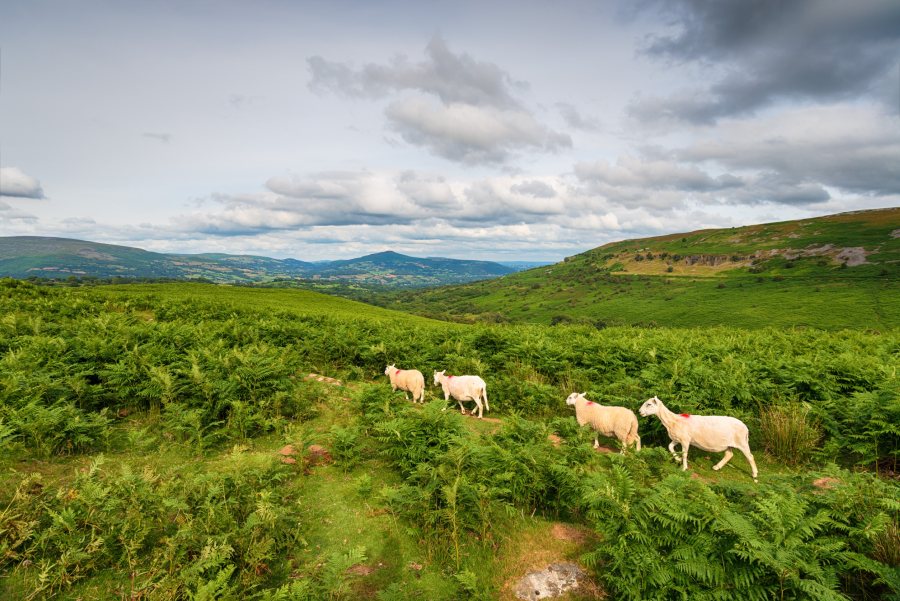
Scottish farmers have been denied emergency access to bracken control herbicide Asulox despite it given the go ahead for use in England.
The herbicide had been granted emergency authorisation by the Scottish government for the last ten years.
However, this year, despite the spread of ticks in bracken which can cause numerous livestock diseases, the government has rejected it.
The same decision has also been taken in Wales, but Northern Ireland is yet to decide.
It will only be possible to use Asulox in England this year and that control in Scotland and Wales will be restricted to physical methods, such as cutting, bruising, trampling and pulling.
Risks to human health and the environment do not outweigh the benefits of using the herbicide, the Scottish government said as its reason.
This is despite NFU Scotland, Scottish Land & Estates (SLE) and the Bracken Control Group warning that the issue was a "matter of urgency" as bracken continued to "grow out of control".
An aggressive and invasive weed, there are reports that it is growing frantically throughout the hillsides of Scotland.
Where bracken grows, the land is unproductive, and it is also a risk to livestock health due to the abundance of ticks.
Rural affairs secretary Mairi Gougeon said while the decision would "protect our natural environment and water resources", she admitted it would be "challenging" for the herbicide's users.
"I therefore want to emphasise that support for bracken control through the Agri-Environment Climate Scheme (AECS) continues for 2023," she said.
"Contracts for chemical and mechanical bracken control have been issued from the 2022 round of AECS which commence in 2023.
"Where contract holders had intended to undertake chemical control, we will offer flexibility to allow mechanical or manual activity.
"We are also taking forward further research on bracken control options and its impacts, and I look forward to engaging with stakeholders as part of a roundtable in the coming months to discuss this important issue.”
Responding to the decision, the Scottish Conservatives said it was 'hugely disappointing', one which would have 'major ramifications' for rural livelihoods.
Shadow rural affairs secretary Rachael Hamilton said: “It looks as though once again the SNP-Green government have ignored the needs of our rural and remote communities.
“I cannot fathom why ministers have gone against the calls not only from myself, but also industry leaders like Scottish Land and Estates, NFUS, Game and Wildlife Conservation Trust and the Bracken Control Group.
“They must urgently clarify the reasons behind this decision which will be met with widespread anger in rural areas, including in my constituency.”
